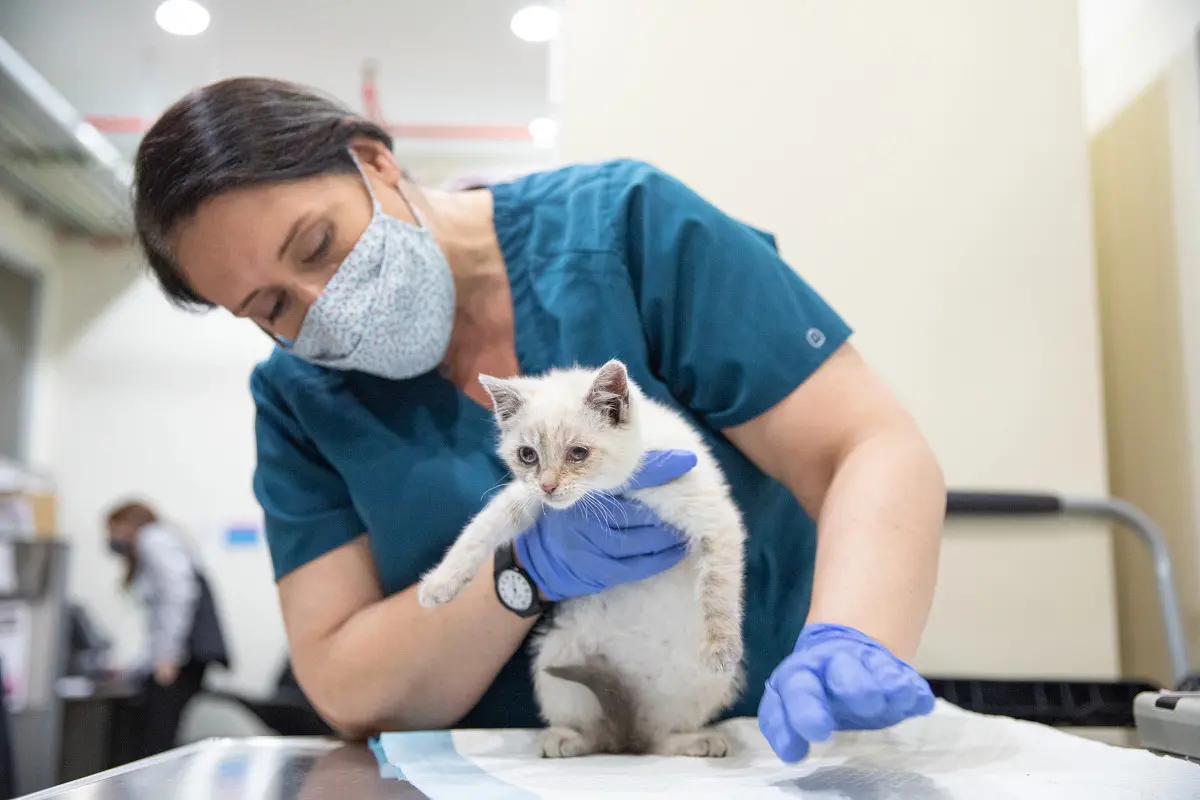
For: Veterinary Practices
ASPCA Poison Control's Veterinary Toxicology Continuing Education Courses
Online at ASPCA Learn
Private-practice veterinarians and veterinary technicians will benefit from these free toxicology courses presented by veterinarians at ASPCA Poison Control.
They’re all RACE-approved and good for one hour of CE for individual veterinary medical professionals.
More training right to your inbox
Sign up for emails from the ASPCA to stay informed about upcoming training and events.
